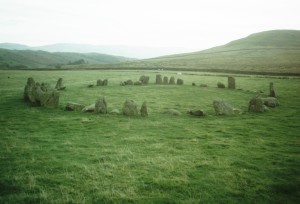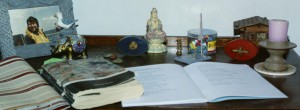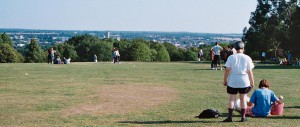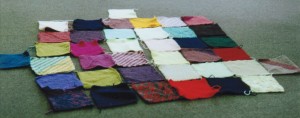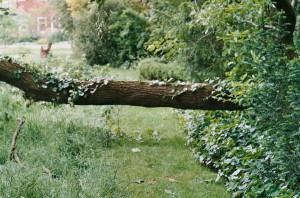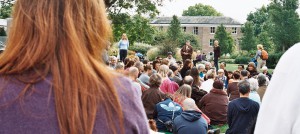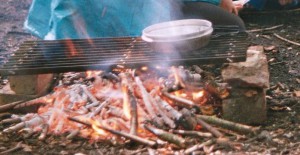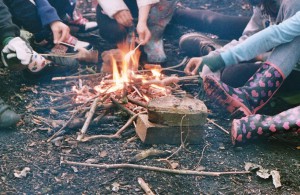I was thinking about this as I prepared to go to YMG (Yearly Meeting Gathering of the Relgious Society of Friends (Quakers) in Britain held in Bath 2-9 August 2014). Preparation at all sorts of levels was much in my mind.
I was to co-facilitate a couple of group sessions during the week. My co-facilitator and I had exchanged some emails and then had a long detailed telephone conversation, so that our sessions were prepared in detail and we had ideas about how to be flexible to accommodate differing needs and variable numbers.
Then there were the other practicalities from packing enough clothes to not carrying anything unnecessary on the train, from booking accommodation to buying tickets. Some of these were done months in advance, others can only be done close to the last minute.
Alongside this was the spiritual preparation and we had been sent some questions to mull over, discuss and attempt to answer ,to help us consider the theme ‘what does it mean to be a Quaker today?’. A particular focus of our thinking was what it means to each of us to be a member (or not) of the Religious Society of Friends and whether coming in to membership (if we had) was a transformative experience.
For me my first attendance at meeting for worship was transformative. By the time I had crossed the room and occupied one of the empty seats that were placed in a single square around the sides of the room, I was certain that I was in the right place, that this was my spiritual home. Over the next couple of years I moved, geographically, several times, and did not apply for formal membership until I was in a locality where I expected to stay for the foreseeable future (I’ve actually stayed in that meeting for over 30 years). My sense at the time of becoming a member was that it was a matter of acknowledging publicly the truth of my relationship with my meeting and with the Society. I understand that I share that experience with others.
Although the process of becoming a member did not feel transformative at the time, it has had long lasting effects. In particular, one of the visitors appointed, the one I’d never met before, became a good friend and has been a gentle mentor to me ever since. Some years later, when we were both in the same local meeting, she and I served as overseers. Neither of us being ‘natural overseers’, we learnt a lot together as we tried to fit what we could offer to what the meeting wanted.
With the benefit of hindsight I see many of my previous experiences as preparation for things I have done since, especially service I have given in the Society. In the 1980s I spent some time as a community service volunteer and was hosted by a Quaker family. When I became clerk of my meeting many years later I realised how much I had learnt while living with the clerk of another meeting and his family all those years ago, about dealing with the very assorted inquiries that come to the clerk of a meeting. I’d also learnt a great deal about clerking by going to business meetings at local, area and yearly meeting levels, hearing and seeing how business was done, how minutes were written, and generally by participating in the process. On the clerks’ training course at Woodbrooke we were told that e already knew what we needed to be clerks and I found that to be true (but I was very glad to have the course to show me that).
So what I am now being prepared for? What might my Buddhist experiences be preparing me for? I think that they may offer other ways of facilitating learning for others, improve my listening, help me to understand more deeply the causes of suffering. I hope they enable me to offer something more to help someone in some way.
Deep down I’m a girl guide, I’ve promised to ‘… help other people …’ and I’ve taken on board the motto ‘Be Prepared’.


